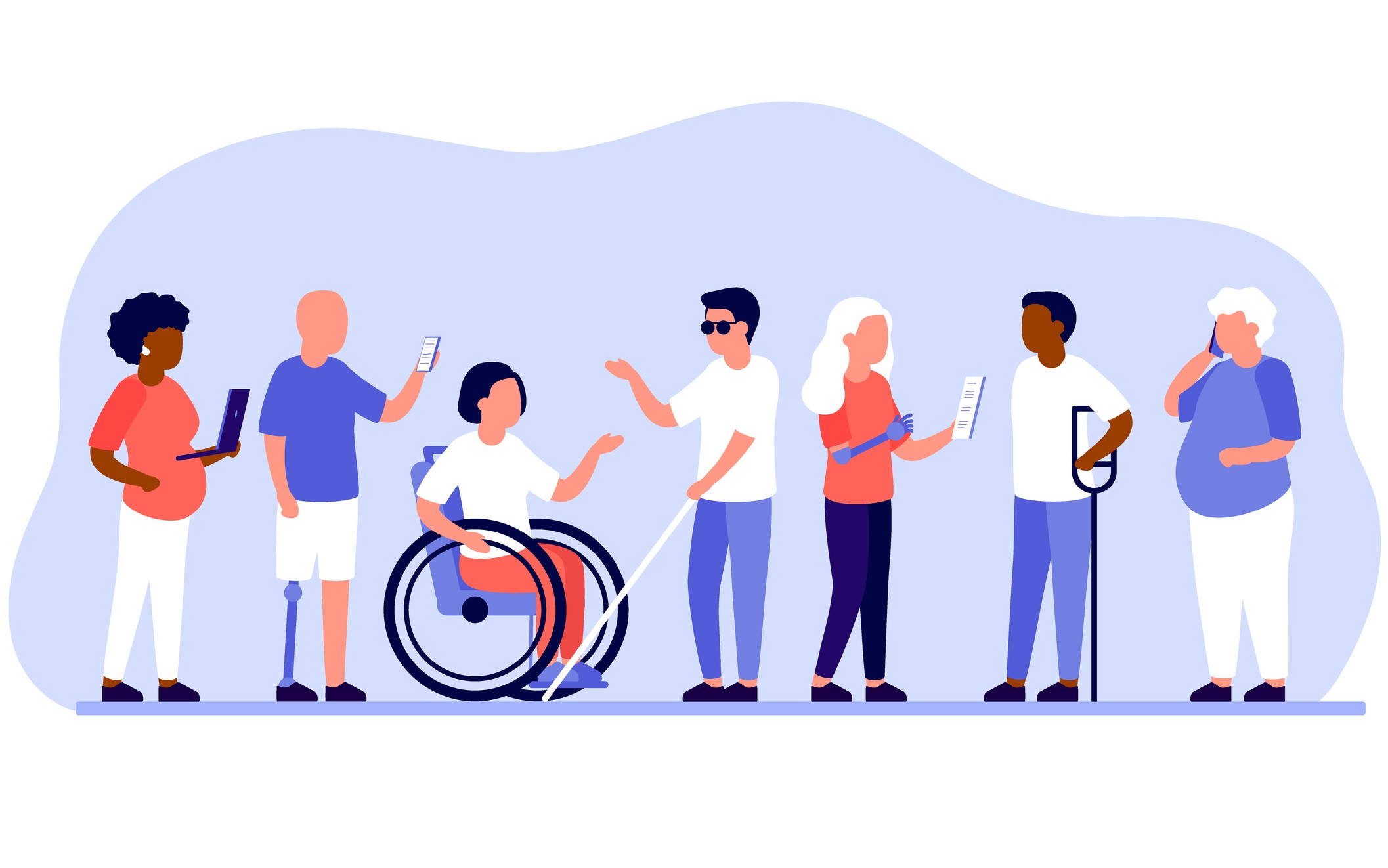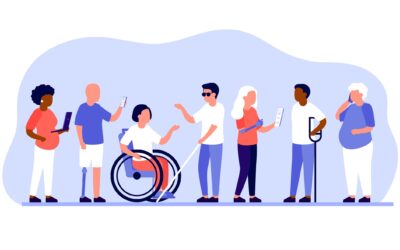Want to live in a West Coast metro area where you don’t need a car? Try Seattle.
Once upon a time, Seattle had limited options for commuters, including cars, buses, electric trolleys, and ferries. The rail options were Amtrak and the monorail, a relic from the 1962 World’s Fair.
But in recent years, things have changed dramatically. Now commuters who don’t want to drive can choose from the Link light rail system, commuter trains that extend further out, streetcars, double-decker buses, trolleys, and ebikes.
The most significant change is in rail, according to Politico Monthly. In recent years, Seattle has added stations to its Link light-rail system. Link now has 15 stations that allow people to commute from its SeaTac Airport to the south through downtown and to the University of Washington, which is about 18 miles away, in under one hour.
Link is expected to grow from 22 total miles currently to more than 115 miles by 2041. Seattle has seen an increase in ridership, with more than 61,500 people now taking the train every day.
The investment in Link is part of an effort to take more cars off the road, and away from the congested interstate. The change is also helped by a state law that requires large companies to encourage drivers not to do single-car commutes.
Commuter Benefit will be mandated in Seattle
Beginning on January 1, 2020, commuter benefits will be mandated in Seattle. Currently, there is a program through the regional transportation system, though the new law will cover more businesses.
The new program is similar to the federal tax-free fringe benefit, which anyone in the country is eligible for if your business offers commuter benefits.
For the city of Seattle, employees will be able to pay for transit, parking, and vanpool costs. The federal limit allows employees to save up to $265 per month.
The amount of savings will vary by the employee, but the Seattle City Council said a minimum wage employee would save about $236 per year if they purchase $100 monthly bus passes.
If you are an employer in Seattle, and you want to learn more about commuter benefits, download the 101 Guide below:







